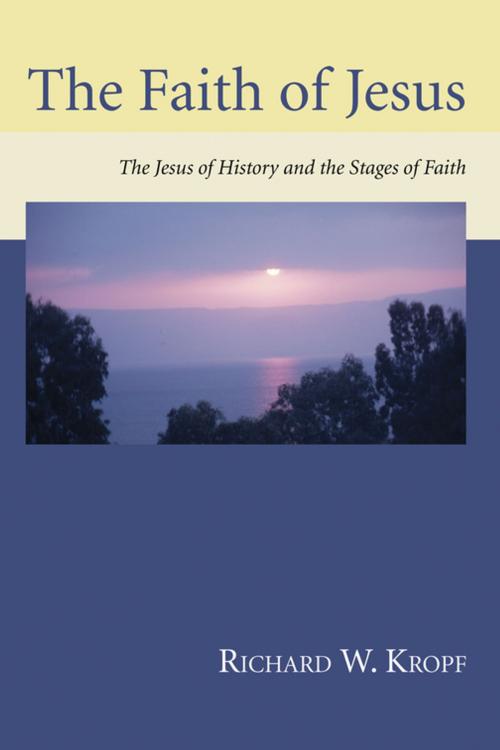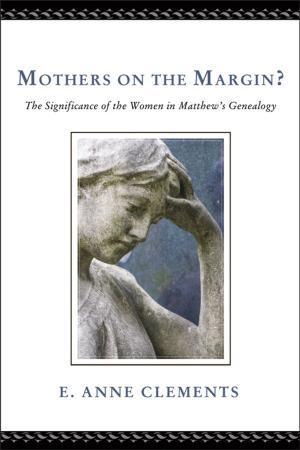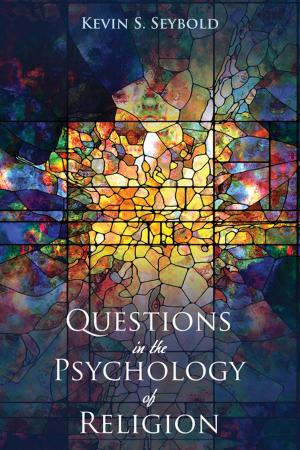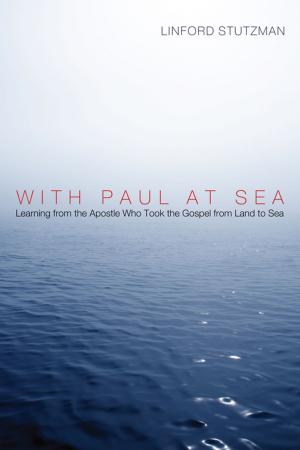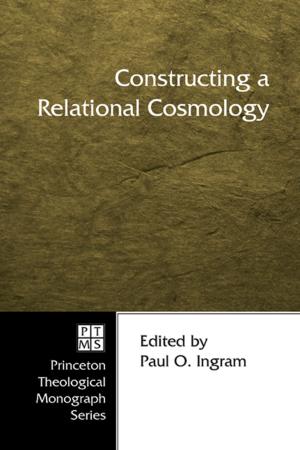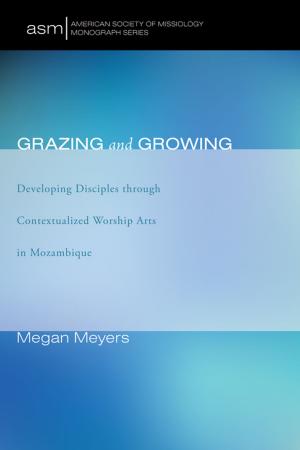| Author: | Richard W. Kropf | ISBN: | 9781621891437 |
| Publisher: | Wipf and Stock Publishers | Publication: | January 1, 2006 |
| Imprint: | Wipf and Stock | Language: | English |
| Author: | Richard W. Kropf |
| ISBN: | 9781621891437 |
| Publisher: | Wipf and Stock Publishers |
| Publication: | January 1, 2006 |
| Imprint: | Wipf and Stock |
| Language: | English |
Combining the faith-development theory of James Fowler with the psychodynamics of Viktor Frankl, and utilizing many of the insights of contemporary biblical scholarship, the author has here proposed a unique and provocative interpretation of the life of Jesus as described in the Epistle to the Hebrews as the leader and perfector of faith. No doubt, many will find this approach to a life of Christ to be novel, even disturbingly unorthodox. Yet it has been written in the conviction that the faith of most Christians, for the most part, has fallen into the heresy of monophysitism, if not in theory, at least in practice amounting to a denial of Jesus as a human being and, as a result, a person of faith. In addition, in his Christological Postscript, the author has sketched out the beginnings of a new, more evolutionary approach to understanding how Jesus might be understood to be divine, even while remaining the fully human character depicted in this book.
Combining the faith-development theory of James Fowler with the psychodynamics of Viktor Frankl, and utilizing many of the insights of contemporary biblical scholarship, the author has here proposed a unique and provocative interpretation of the life of Jesus as described in the Epistle to the Hebrews as the leader and perfector of faith. No doubt, many will find this approach to a life of Christ to be novel, even disturbingly unorthodox. Yet it has been written in the conviction that the faith of most Christians, for the most part, has fallen into the heresy of monophysitism, if not in theory, at least in practice amounting to a denial of Jesus as a human being and, as a result, a person of faith. In addition, in his Christological Postscript, the author has sketched out the beginnings of a new, more evolutionary approach to understanding how Jesus might be understood to be divine, even while remaining the fully human character depicted in this book.
